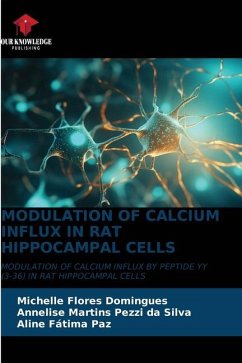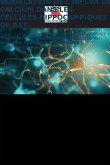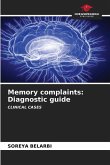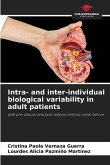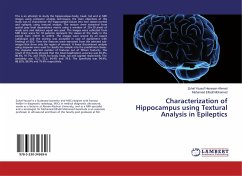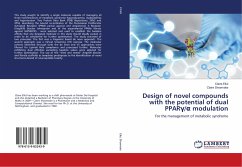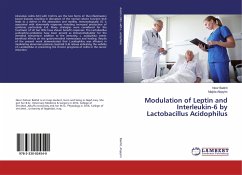Peptide YY (PYY) belongs to the neuropeptide Y family, which is also made up of neuropeptide Y (NPY) and pancreatic polypeptide (PP). They are biologically active peptides made up of 36 amino acids and act via four receptor subtypes: Y1, Y2, Y4 and Y5. PYY is secreted in the intestine and circulates in the body in two active forms that cross the blood-brain barrier, which are PYY (1-36) and its cleaved form PYY (3-36). PYY (3-36) is a selective agonist of the Y2 receptor and has been shown to play a role as an appetite modulator, promoting the sensation of satiety in mammals. The hippocampus is a region rich in Y2 receptors and their activation can inhibit excitatory synaptic transmission and glutamate release in the hippocampus, leading to memory deficits, which has highlighted its involvement in the regulation of cognitive function associated with learning and memory.The aim of this book was to seek a better understanding of the interaction between PYY (3-36) and its Y2 receptor in cells of the central nervous system. To this end, the activity of this peptide on Ca2+ influx in rat hippocampal cells was investigated.
Bitte wählen Sie Ihr Anliegen aus.
Rechnungen
Retourenschein anfordern
Bestellstatus
Storno

